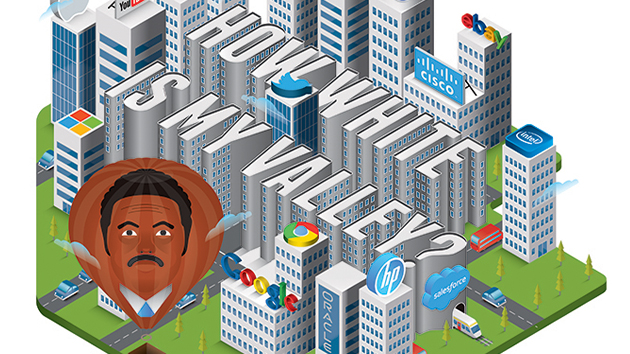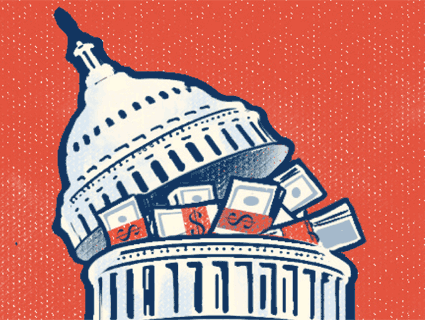
<a href="http://www.shutterstock.com/pic-299870819/stock-photo-stylish-wealthy-friends-having-fun-on-a-luxury-yacht.html?src=oSdJ7gZc36CUY7iBKxVuAQ-1-74">Nejron Photo</a>/Shutterstock
It’s well known that America’s wealthiest have been getting richer at the expense of the middle class. But the trend looks even starker when you look at the racial aspects. According to a new report from the Institute for Policy Studies, the combined wealth of those on the Forbes 400 list of America’s richest dwarfs that of the nation’s entire black or Latino populations.

The report found that the 100 richest US citizens control about as much wealth as all of the nation’s 42 million African Americans. The total wealth of the nation’s 55 million Latinos stacks up to that of the 186 richest Americans.
This can be explained in part by the rapid erosion of the black and Latino middle classes. African Americans’ net worth relative to whites has fallen by more than half since 2000: The average white family today has net assets of $141,900, compared with just $11,000 for black families—about the same paltry sum as back in 1985. Latinos have seen similar declines in net worth relative to whites.
There are many reasons for this slide: Black and Latino families were disproportionately exposed to risky subprime mortgages, had smaller amounts of inherited wealth, and were more susceptible to job and wage cuts during the Great Recession. And because these families are less likely than white families to own homes and stocks, they haven’t benefited as much from the subsequent recovery.
America’s stark inequality problem is evident in the Forbes 400 itself. Blacks and Latinos make up a combined 29 percent of the population but account for less than 2 percent of the Forbes list. Oprah Winfrey and the tech investor Robert Smith are the sole African Americans on the list, and just five on the list have Latino backgrounds. (They are Miami condo king Jorge Perez, billboard billionaire Arturo Moreno, and three heirs of the late Colombian beer magnate Julio Mario Santo Domingo, a major owner of the SABMiller empire.)
The dearth of black and Latino billionaires in the United States defies easy explanations, but one big factor may be Silicon Valley. The tech industry has minted more billionaires in recent years than any other sector of the economy. It also has a deeply entrenched diversity problem. According to census data, the proportion of Hispanic tech workers in Silicon Valley actually declined from 5 percent in 2000 to 4 percent in 2010—and the proportion of black techies fell from 3 percent to 2 percent. The Valley has begun to take diversity a little more seriously, but it could be another generation or more before it produces a black Mark Zuckerberg or a Latino Sergey Brin.
















